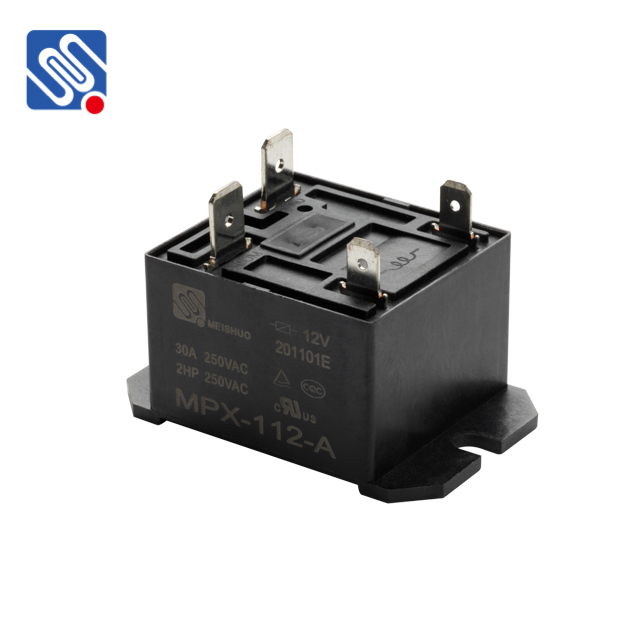understanding relay industry standards: key guidelines for reliability and performance
Release time:2025-09-28 00:00:45
In today's fast-paced and technology-driven world, relays play a crucial role in ensuring the functionality of electrical circuits and systems. From industrial automation to automotive applications, relays are essential components in controlling high-voltage and high-current devices with low-voltage signals. To ensure the safety, reliability, and efficiency of relays, the industry follows a set of stringent standards. These standards guide the design, testing, and performance of relays, ensuring their operation meets global requirements.

What are Relay Industry Standards?
Relay industry standards refer to a set of established guidelines that define the technical specifications, safety measures, testing procedures, and performance requirements for relays. These standards help manufacturers produce reliable, durable, and efficient relay products that can be safely used in various applications. They ensure that relays are designed to handle electrical loads, operate under different environmental conditions, and meet specific safety criteria. The most recognized standards are set by international organizations like the International Electrotechnical Commission (IEC), Underwriters Laboratories (UL), and other national regulatory bodies.

